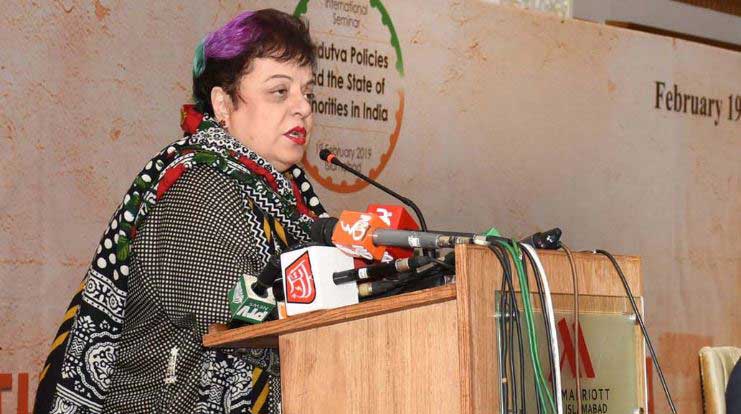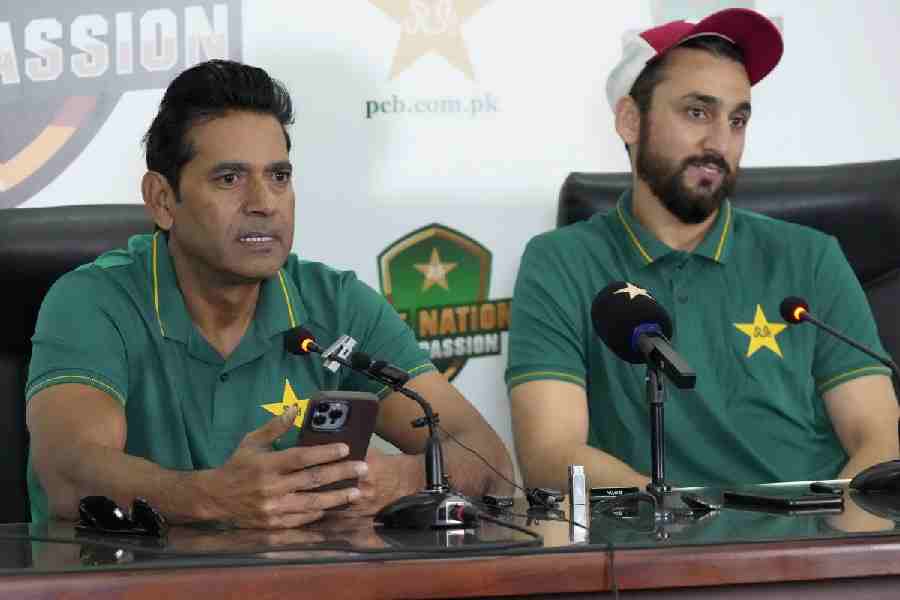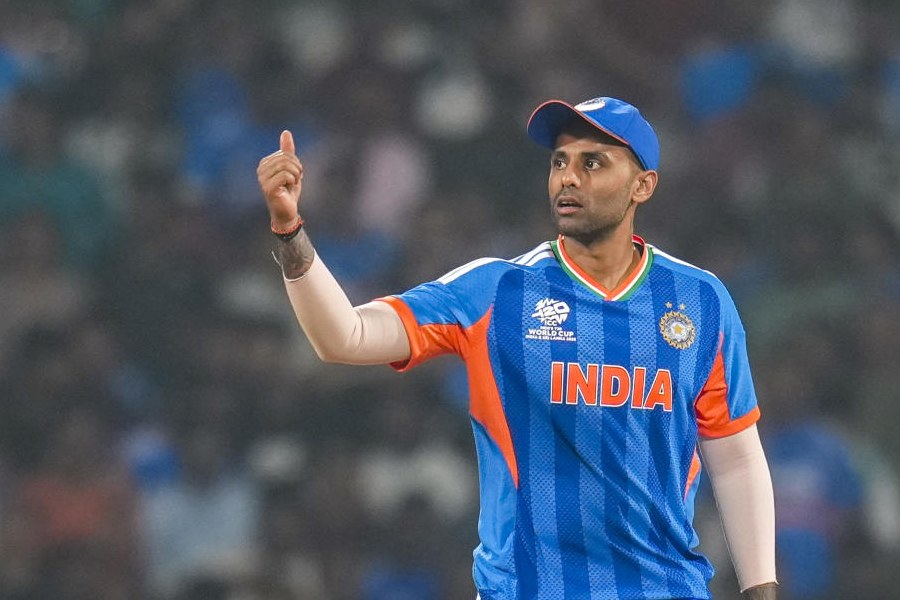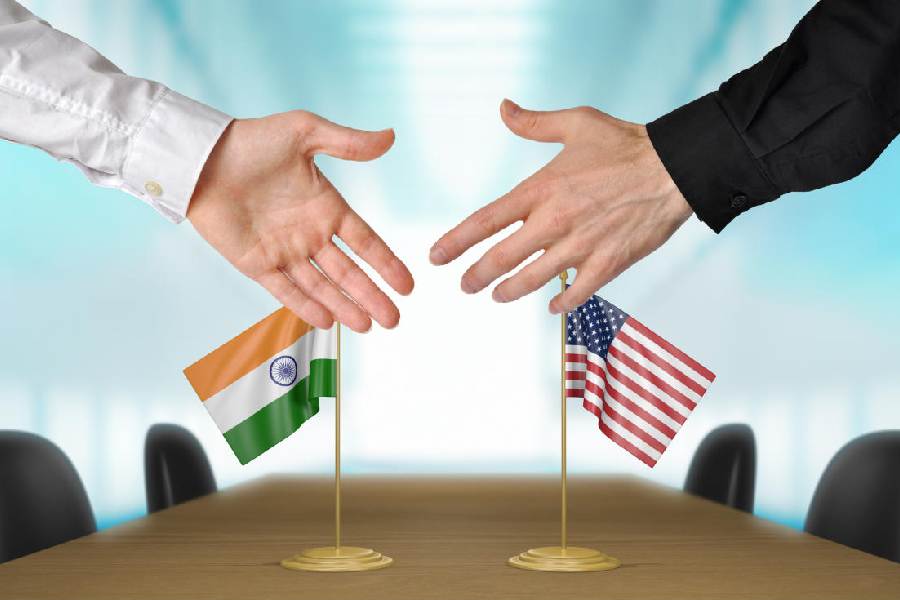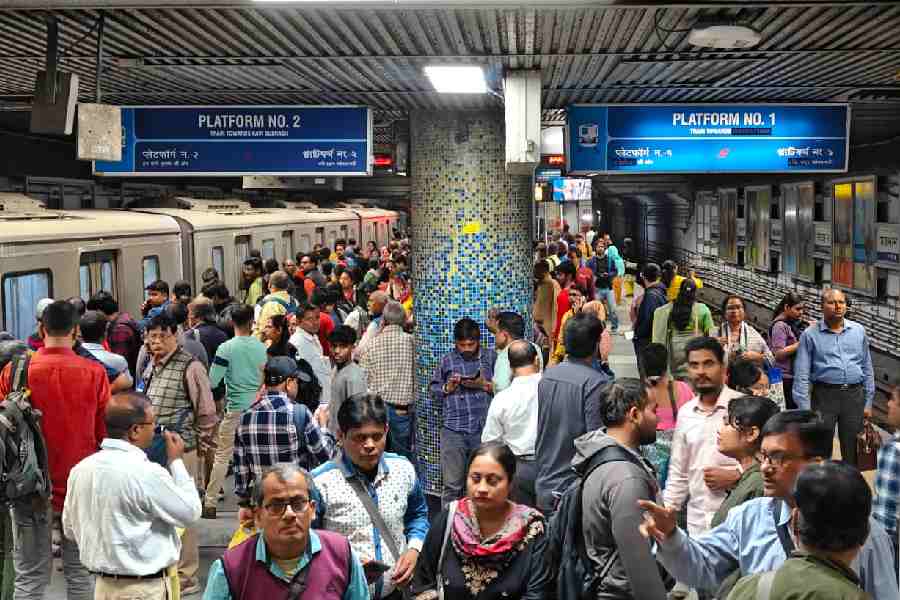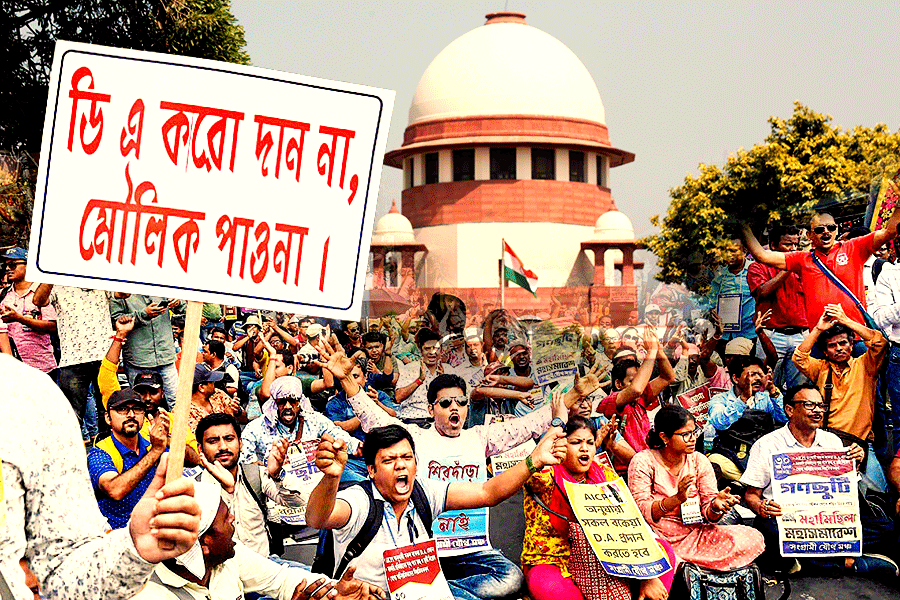The Wagah border was remarkably calmer with hardly anyone aiming to cross over. The bus that carries the passengers from the Indian side towards Pakistan was almost empty — there were only seven of us.
Everyone seemed unusually quiet carrying some unknown concerns, saving a Sardarji in his late seventies, his wife and a daughter in the mid-thirties. They’d come from Thailand on a lifetime of a journey to visit all the holy shrines — from Nankana Sahib to Kartarpur. While their excitement was obvious, they preferred to keep their banter private by carrying it in Thai, I learned later.
The burlesque of war narrative played in the television newsrooms with the aid of graphic design apps and an equally dour political messaging had provoked a serious war-like feeling.
But there was business as usual on the Pakistani side — the porters chasing to get your custom, immigration officers as laidback as ever, and the intelligence sleuths disguised as nonchalant onlookers trying unsuccessfully to look busy. Coming out of the Pakistani immigration, I was greeted by a familiar face — a coolie who doubles as an informal money changer.
After a hurried round of greetings, I casually asked him about the threats of war. He showed more concern about the prospect of the end of the people’s movement that would spell doom for his work.
Lahore was brimming with life as routine and the people seemed more concerned about the Pakistan Super League. After a refreshing lunch at home, I drove straight to Islamabad to attend a conference on Hindutva. Organised by the Institute of Policy Studies (IPS), an old think tank that is informally associated with the Jamaat-e-Islami but does not propound its ideology, the conference was inaugurated by Dr Shireen Mazari, the federal minister of human rights.
I saw her after over a decade; she has certainly grown calmer but retains her powerful delivery. In her inaugural address, she mentioned about the Pulwama suicide blast and talked more about the situation in Kashmir. In my presentation, I emphasised the need to excise the lazy conflation of Hindu with Hindutva, talked about the plight of Hindus, particularly in Sindh, and was the only person to mention, albeit in passing, the growing atrocities against the Uyghurs in East Turkistan.
There were some real moments of joy — things that were normal in India only a few years back.
During the question-and-answer session, a retired diplomat suggested that Hinduism was the “most confused religion” because it had too many deities. I responded with a long Urdu poem by Pandit Shankar Dayal Sharma, the former Indian President. He skilfully draws a comparison between Islamic and Hindu practices in a pithy but sarcastic tone, questioning some of the Islamic claims. The poem drew a massive appreciation from the packed audience.
Later, many of them, including some master’s students of Sharia law at the International Islamic University, Islamabad, approached me for the rhyme. There was no display of anger, fiery jihadi rhetoric or blames of blasphemy. Pakistan is much more normal than the Modi government descriptions that are faithfully carried by the pliant media.
A day later, I went to see Fawwad Chaudhry, the federal minister for information. He was busy as usual — receiving delegations and assuaging union leaders and workers of the official PTV who had gathered at the entrance of the building and wanted their MD sacked.
Fawwad introduced me to the famous Pakistani actress Laila Zubairi, who was positive that the latest Indian initiatives of banning Pakistani artistes and embargoing their content into Pakistan could bring about a positive change in the Pakistani entertainment industry, including the entertainment portfolio of Pakistan Television.
When I asked Fawwad about the possibility of an escalation with India and highlighted the continued efforts by the Indian media to exact revenge, he was dismissive. When I insisted on a response, he smiled and said the Prime Minister had already responded to it, and that he felt it was not necessary to respond to the shrill rhetoric with their own screams. That was quite unique as the information minister is known for his unusually unique style of confrontation with his political opponents.
What was the reason for Pakistan’s seemingly uncaring attitude towards the latest threats from India, I asked an old friend, Lt Gen (retired) Ghulam Mustafa, a decorated three-star general who is credited with raising the Army Strategic Forces Command.
“Having braved and defeated the deadliest of wars waged by terrorists over the last two decades, and having buried more than 70,000 of their martyrs (soldiers and civilians) in the process, Pakistan has overcome its fears and apprehensions. Our nation has developed a justifiable self-confidence, learned the value of patience, and more importantly to remain calm under the worst of circumstances,” Mustafa said.
Regardless of the internal political bickering that is becoming ossified by the day, there is a growing belief that the army can deal with the situation, a feeling that was missing during the Nawaz Sharif government.
The ruling PTI government received an unusual boost from the visit of Saudi Crown Prince Mohammed bin Salman. His announcement of various investment commitments, instant release of more than 2,000 Pakistani prisoners and a pledge that he will act as an ambassador of Pakistan in Saudi Arabia were received warmly and in turn attributed to Prime Minister Imran Khan’s personal success.
This was the first time that the Saudi official delegation ignored all kinds of Islamic organisations, including the Salafi groups, that had received patronage from the Saudi government for a long time.
Surprisingly, much bitterness was shown reserved for Iran for its latest attempts to join hands with India to create problems for Pakistan. The Iranian statements accusing Pakistan of terrorism received more attention and there were even suggestions of closing down Iranian cultural centres that work under the designation of Khana-e-Farhang as they were accused of fomenting terror across the country.
Murtaza Shibli is a British Kashmiri author and journalist. He writes a weekly column for two leading Pakistani dailies, The News and Jang (Urdu). He is also the author and editor of a book on the London bombings — 7/7: Muslim Perspectives. He lives between Srinagar, Lahore and London. Twitter: murtaza_shibli

